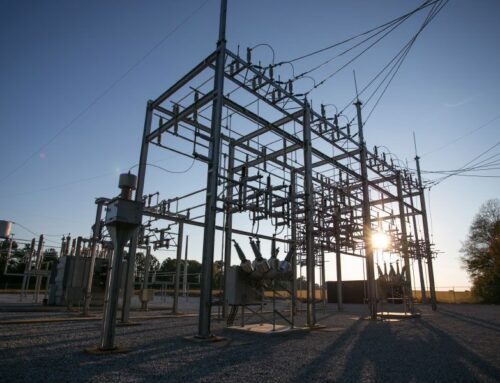Lorem ipsum dolor sit amet, consectetur adipiscing elit. Quisque laoreet finibus urna eu finibus. Pellentesque habitant morbi tristique senectus et netus et malesuada fames ac turpis egestas. Morbi a convallis mauris. Donec odio mi, vulputate sit amet elementum sit amet, fermentum tincidunt massa. Duis sed tortor non purus ornare ultricies. Nullam viverra cursus erat vel blandit. In nisl erat, hendrerit vitae ipsum nec, imperdiet porta libero. Donec ut ligula quis urna interdum scelerisque eget a turpis. Cras dictum tellus vel lacus ornare elementum.
Ut non enim suscipit, volutpat ipsum id, dignissim ante. Quisque vehicula eget ex a pulvinar. Donec ac leo at ipsum dapibus pellentesque. In dignissim orci ac commodo rutrum. Vestibulum convallis lacus non quam pretium, eu lacinia odio rhoncus. Aenean rhoncus nulla quam, quis egestas mi cursus vitae. Pellentesque nibh massa.
Interdum et malesuada fames
Cras volutpat, nibh non dictum vehicula, nunc eros rutrum dolor, a fermentum lorem enim laoreet dui. Etiam sed erat et purus finibus lobortis. Nulla eu ornare magna, et vulputate sit amet elementum ets rutrum elit.

Sed sed eros id eros scelerisque consectetur sit amet et tortor. Proin blandit dui pharetra, aliquam lorem sit amet, scelerisque mi. Integer tristique dui non sapien tempus, quis ultricies nisl sodales. Nunc ut nibh eu ante feugiat lacinia. Donec elementum tortor velit, in tempus quam bibendum ut. Sed posuere tincidunt mollis.









